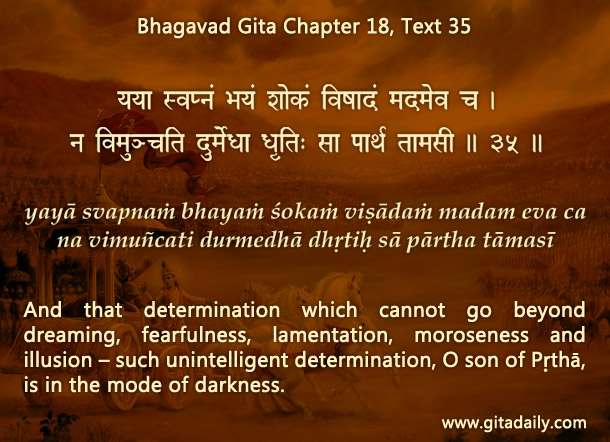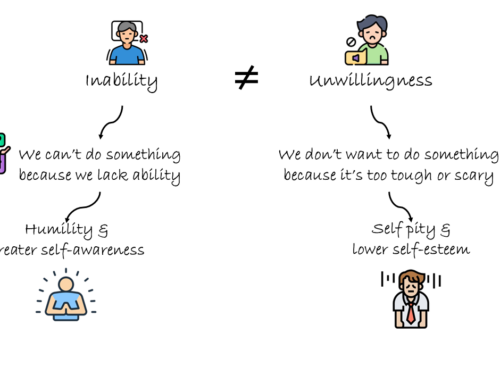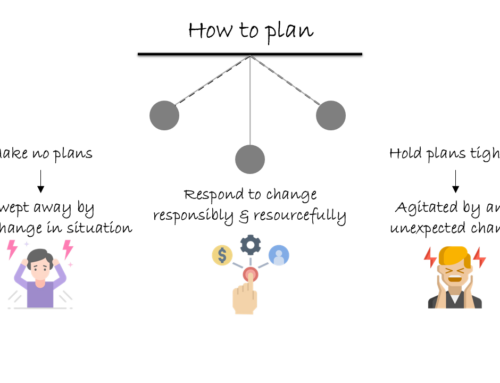Does the world hate me? – Suppose we greet someone at a get-together and they don’t respond. We may be taken aback. Suppose several people neglect our greeting. We may worry, “Does everyone hate me here?” Suppose further that other people don’t respond to our phone calls or messages. We may become paranoid, ‘Does the world hate me?”
To address such worries effectively, we need to consider where they might be rising from: self-importance in disguise. Self-important people believe that everything happening around them is about them — for example, all good happenings in their vicinity are due to them, even if they didn’t do much. It’s easy to recognize an outsized ego when it ascribes good happenings to oneself. It’s tougher, however, to recognize that ego when it acts inversely, by ascribing negative happenings to oneself.
The unflattering reality is that the world is largely oblivious to our existence — people have their own life with its dreams and fears and pressures. Isn’t it possible that one or more people may be targeting us out of hatred? It’s possible, but given that we are just one among eight billion people in the world, we might be better off considering other explanations before presuming malevolence. Explanations such as indifference (they are caught in things that matter far more to them than we do), ignorance (they don’t know how or how much their actions affect us) or incompetence (they lack the skills to manage their various to-dos and respond promptly). Gravitating toward gloom-inducing or self-flagellating explanations often signifies ignorance (Bhagavad-gita 18.35).
How can we avoid defaulting toward dark explanations? By cultivating humility. As our self-importance decreases, our ability to analyze events with greater objectivity will increase.
One-sentence summary:
To presume that the world hates us is self-importance in reverse — to decrease negativity, cultivate humility.
Think it over:
- “The world hates me” — how might this notion arise from self-importance?
- When others don’t respond to us, what might be probable explanations?
- Have you ever assumed dark causes for others’ actions when the reality was different?
***
18.35: And that determination which cannot go beyond dreaming, fearfulness, lamentation, moroseness and illusion – such unintelligent determination, O son of Prutha, is in the mode of darkness.
To know more about this verse, please click on the image






Thank you very much for this article. It has clarified my doubt.
Happy to be of service.
Thank you for this article. It has cleared my doubt in this regard.
Happy to be of service.
Thank you so much for addressing this issue.
Happy to be of service.
Thank you so much prabhuji.. it was really a great help.. you are my role model
Happy to be of service.